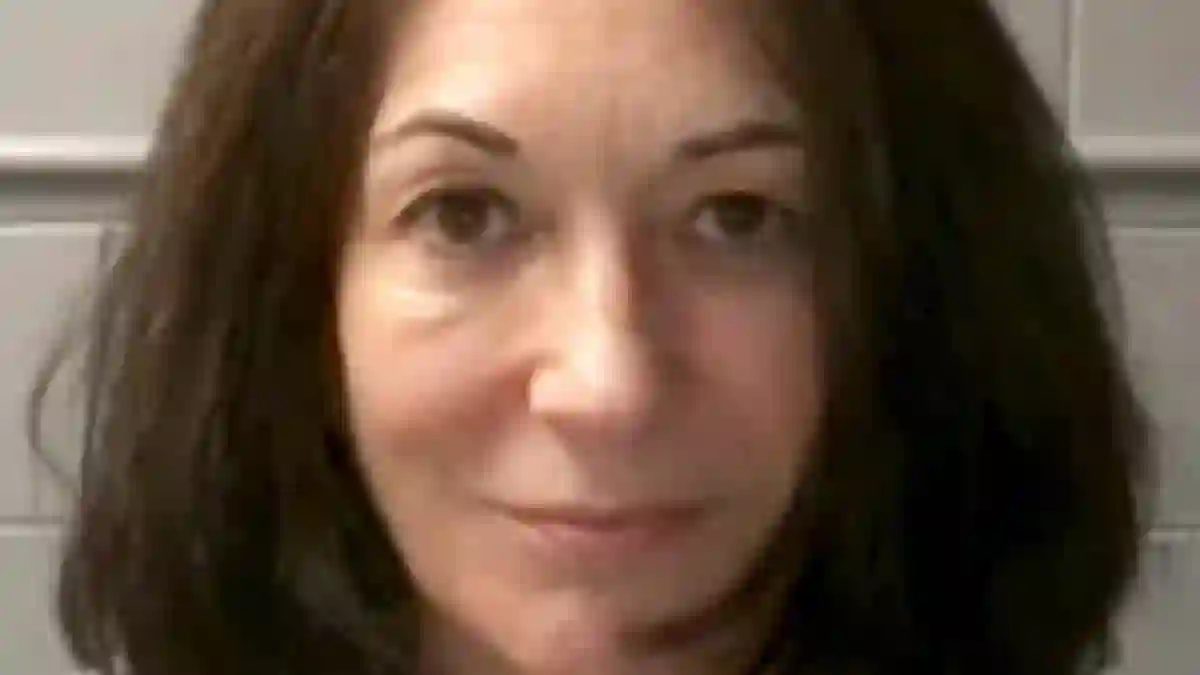While most people serving a 20-year prison sentence are tucked away with little hope of a change in scenery, Ghislaine Maxwell is once again making headlines—this time for being quietly moved to a much more relaxed prison facility in Texas.
The timing? Let’s just say it’s raising some serious eyebrows.
From Razor Wire to Recreation Fields
Maxwell, who was convicted for her role in Jeffrey Epstein’s sex trafficking ring, was initially serving her sentence at a low-security federal prison in Tallahassee, Florida.
But earlier this week, she was transferred to Federal Prison Camp Bryan, a minimum-security prison in southeast Texas.
Unlike her previous facility—complete with fences and razor wire—her new surroundings reportedly feel more like a college campus than a prison.
Victims’ Families Outraged by “Luxury” Prison Upgrade
The move hasn’t gone unnoticed—especially by the families of Epstein’s victims.
In a strongly worded statement, sisters Annie and Maria Farmer, along with members of Virginia Giuffre’s family, blasted the decision.
“Ghislaine Maxwell is a sexual predator… she should never be shown leniency,” they wrote.
“The government moved her overnight to a minimum security luxury prison without notifying the victims.”
For them, it feels like justice has been brushed aside.
Why Was She Moved? And Who Approved It?
The move was confirmed by Maxwell’s attorney, David Oscar Markus, who said she was transferred on Thursday.
While she reportedly passed through a federal facility in Louisiana, she’s now settled in Bryan, Texas—conveniently closer to family in Dallas.
According to prison consultant Justin Paperny, who advises white-collar criminals, the transfer is nothing short of extraordinary.
He said he’s never seen someone convicted of a sex crime wind up in a minimum-security camp like this.
“It’s like Disneyland compared to other prisons,” Paperny said.
“No fences, no barbed wire. You can walk around freely. It’s like a country club.”
Life Inside “Camp Bryan”
So, what’s life like for Ghislaine now? Think of it as a white-collar inmate’s dream.
The prison offers softball fields, a running track, a pickleball court, and even courses in horticulture and parenting.
Prisoners can shop for beauty products and craft kits, and reportedly have access to email and TV rooms.
Maxwell may even be offered a contraband mobile phone, as Paperny says is common there.
Officially though, she’ll still get 300 minutes per month of monitored phone calls.
A Reward for Talking?
Paperny suggested Maxwell’s transfer might be tied to her recent meeting with Deputy Attorney General Todd Blanche, where she reportedly answered hours of questions related to Epstein’s crimes.
According to her lawyer, Maxwell was grilled about around 100 different individuals.
Was this transfer a form of compensation? Paperny seems to think so.
“She gave them an interview. Next thing you know, she’s in a camp closer to family.”
The Epstein Comparison Sparks Concern
Attorney Spencer Kuvin, who represented several Epstein victims, warned this might not end well.
“Remember what happened to Epstein when they moved him to lower security,” he said, referring to Epstein’s death in jail in 2019.
That incident, which still fuels conspiracy theories, followed Epstein’s transfer from high security despite a previous suicide attempt.
Trump’s Pardon in Play?
All this comes as Maxwell’s legal team is reportedly pushing hard for a presidential pardon from Donald Trump.
When asked this week, Trump replied:
“Well, I’m allowed to give her a pardon, but nobody’s approached me with it.”
Yet behind the scenes, Maxwell’s lawyers are negotiating.
They’ve offered congressional testimony in exchange for immunity—with her appearance before the House Oversight Committee scheduled for August 11.
Markus made it clear: no immunity, no testimony.
“She won’t testify without formal protection. She can’t risk more charges,” he explained.
Maxwell’s Legal Battles Continue
Meanwhile, Maxwell is still appealing her conviction.
Her legal team argues that the U.S. government had previously promised not to charge Epstein co-conspirators—an apparent reference to Epstein’s 2008 plea deal in Florida.
Before her move, Maxwell had been teaching Pilates and etiquette classes in prison and held a job in the library, where she reportedly filed hundreds of complaints, including one over not having access to hair dye.
DOJ Faces Pressure Over Epstein Files
Maxwell remains the only person behind bars in connection with Epstein’s sex trafficking operation.
And despite public pressure, the Justice Department recently announced it won’t release further Epstein-related files, angering Trump’s MAGA base, who had expected more transparency.
The Department also stated that an Epstein client list does not exist, contradicting years of speculation.
What Happens Next?
Maxwell may now be enjoying a more lenient prison lifestyle, but the legal and political spotlight isn’t going anywhere.
With victims’ families demanding accountability and Republicans pressing for full Epstein disclosure, her move to Bryan might just be the calm before another media storm.
Her next steps—whether that’s testifying, getting a pardon, or further appealing her conviction—are all loaded with political weight and public scrutiny.
